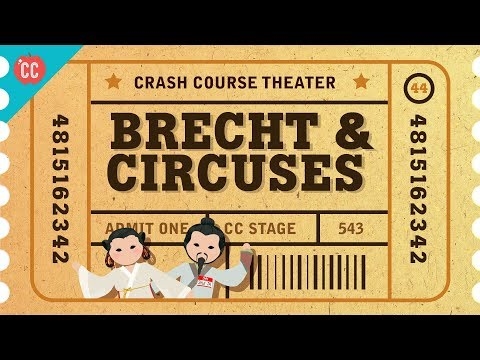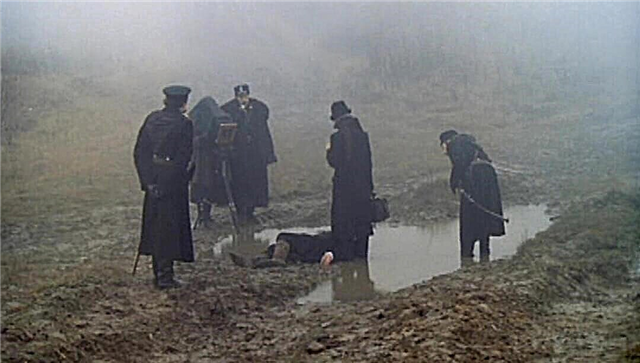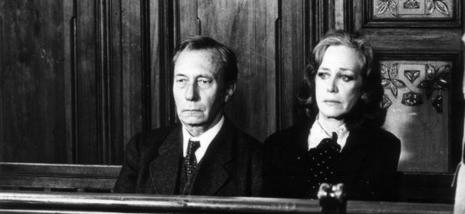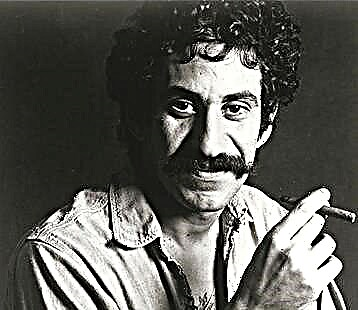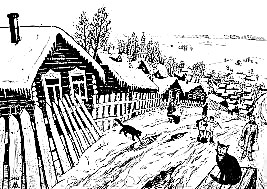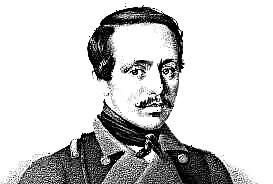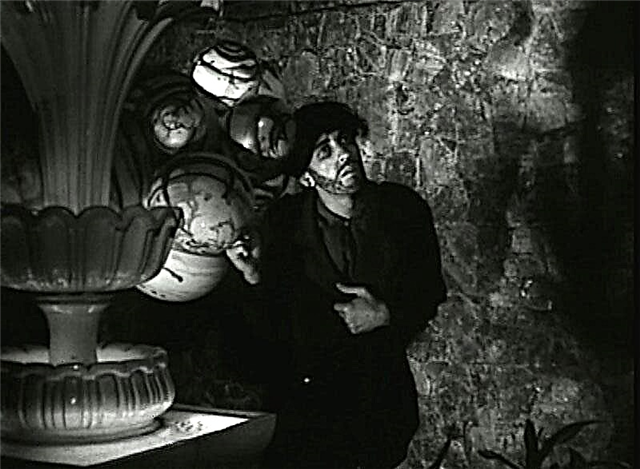(361 words) The theme of revenge occupies a significant place not only in Russian, but throughout the world culture. Many writers see vengeance as a dead end - a cycle of hatred that only breeds new evil and leads nowhere. I also think so, because revenge is fraught with danger: it gives the offended person not justice, but permissiveness. To clarify my point, I will give examples from the literature.
So, the robber novel by A. S. Pushkin “Dubrovsky” tells us how the petty and selfish landowner Troekurov avenges his old friend, a nobleman Andrei Dubrovsky, because of a petty quarrel. As a result, Andrei Gavrilovich loses everything and dies, and his son Vladimir becomes a robber from anger and despair, unleashing his anger on the exploiting landlords. It would seem that we are faced with the classic story of the avenger hero, but over time, Pushkin shows how sad the fate of Dubrovsky is. The hero falls in love with Masha, the daughter of Troekurov, but, according to the law, he is a bandit and a murderer, and therefore cannot be with her. Moreover, Maria’s father marries her to the old landowner Vereisky, and the deeply unhappy heroine, unable to step over her honor, finally rejects Dubrovsky, who soon has to escape from justice abroad. Pushkin told how, having embarked on the path of revenge, Vladimir gave her everything, but he did not find either satisfaction or love.
Even deeper the theme of revenge is disclosed in the novel by Mikhail Sholokhov "Quiet Don". Recreating in detail the picture of the Civil War, the writer talks about the fate of people in these difficult times. Centuries-old traditions collapse, the course of history is changing, people fall in love, hate and die. There is a place in this cycle for revenge. Grigory Melekhov, learning about the atrocities of the Reds on the Don, opposes them. Entering this struggle, over time, he lost everything that he loved, and finally broke down. A supporter of Soviet power, Mikhail Koshevoy, burns the house of his neighbors, wealthy Cossacks Korshunov, and kills old Grishak. In response, Dmitry Korshunov hangs Koshevoy’s mother and kills his sister and nephews. Angry Kosheva after this is not able to forgive Melekhov, who fought for the whites, and destroys his life. Sholokhov shows how, having begun to take revenge, people are unable to stop, continuing to sow death and shed blood.
Thus, revenge cannot be idealized. This is not justice, but only an endless circle of hatred and suffering, destroying everything around. It gives a person exclusive rights, but takes away in return the tranquility of his soul. This is dangerous revenge.


